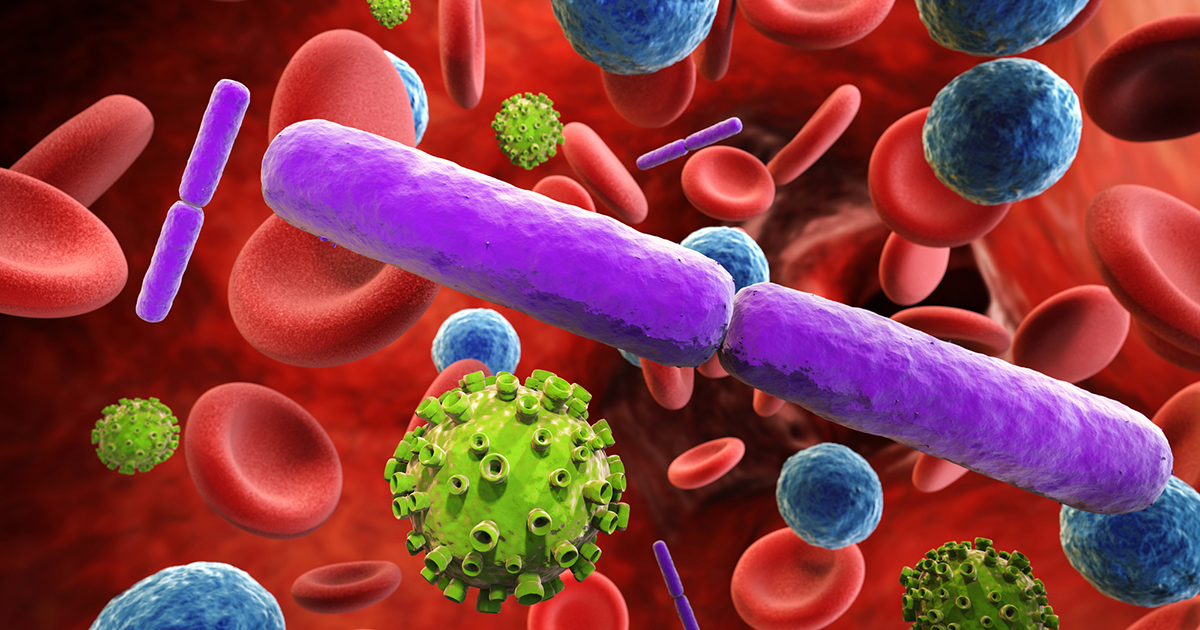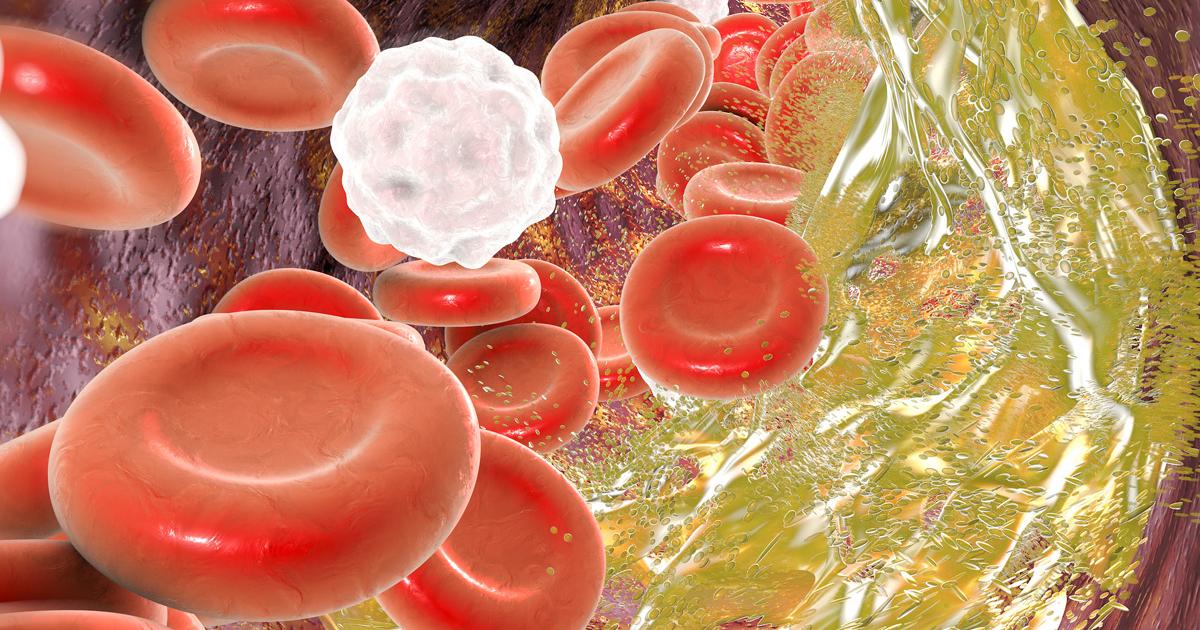Complications Of Cushing's Syndrome
Increased Infections

Increased infections occur in Cushing's syndrome patients as a complication of the disease. Cortisol in the body is immunosuppressive in nature. Cortisol produces these immunosuppressive effects on an individual through several mechanisms. Cortisol is known to decrease the quality of certain transcription factors in the process of inflammation called NF-kB and AP-1. Cortisol is also known to increase the quality of the suppressor of pro-inflammatory cytokines or SOCS. These mechanisms cause the inhibition of the activation of signal transducer and activator of transcription proteins important in the transcription of pro-inflammatory genes. The combined result of these actions is a collaborative weakening of the pro-inflammatory response by the patient's immune system. Fewer antibodies and white blood cells are produced, leaving the body more vulnerable to invasion by foreign pathogens. The immune system in individuals affected by Cushing's syndrome is unable to respond to the introduction of bacteria and viruses properly, allowing them to fester, colonize, and produce an infection. While this effect of cortisol has been utilized in the treatment of autoimmune problems, it is not helpful for those who have Cushing's syndrome.
Learn more about Cushing's syndrome complications now.
Unhealthy Levels Of Cholesterol

Individuals affected by Cushing's syndrome may have unhealthy levels of cholesterol in their blood. Elevated cortisol levels in the body over an extended period can cause the total cholesterol and triglyceride levels to become elevated. Several factors contribute to the occurrence of this complication, including indirect cortisol action on lipid breakdown, free fatty acid turnover, fatty accumulation in the liver, indirect cortisol action on lipid breakdown, free fatty acid production, and synthesis of very-low-density lipoproteins. Cortisol is known to increase the lipase actions on the lipoproteins responsible for the transportation of fats and other lipids in an individual's blood. This process is increased in the adipose and visceral fat tissues where it activates the breakdown of this stored fat, releasing free fatty acids into the patient's blood circulation. It is this increase in free fatty acids in the blood that results in the unhealthy levels of cholesterol in individuals affected by Cushing's syndrome.
Read more about significant complications linked to Cushing's syndrome now.
